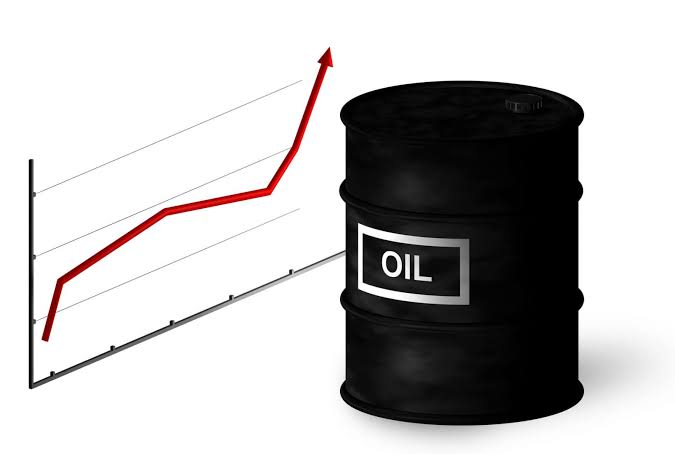According to the International Energy Agency’s latest report, in February, the world oil supply increased by 340,000 barrel per day to reach 101.1 million barrel per day due to production increase in US, Canada and LIbya.
Following the unrest that forced its closure earlier this year, the production build came with a revival in production in the US and Canada after an Arctic cold snap and a rise in Libya’s largest oil field.
The report said the combined US and Canadian output boost of 370,000 bpd drove an overall non-OPEC+ increase of 270,000 bpd last month. OPEC+ oil flows, meanwhile, edged 70,000 bpd higher over the same period.
OPEC+ crude oil output from all 22 member countries rose by 6,000 bpd to 49.87 million bpd in February.
Production from OPEC’s 12 members rose by 140,000 bpd to 26.91 million bpd, while flows from the non-OPEC nations edged down by 50,000 bpd to 14.79 million bpd.
Global oil supply is set to increase by 800,000 bpd to 102.9 million bpd in 2024, including a downward adjustment to OPEC+ output, the report noted.
It was predicted in the report that additional OPEC+ curbs would remain in place for those members that consistently adhere to voluntary quotas but will unwind only when the cuts are no longer in place.
Supply estimates for other countries with a target but that regularly over or under produce are assessed based on historical output levels.
As a result, the report said the 2024 production profile of some OPEC+ members that are taking part in the voluntary reductions has been adjusted lower.
World oil demand is projected to increase by 1.34 million bpd to 103.18 million bpd from last year’s 101.84 million bpd.


